It’s a tough time to be a small business owner. Fortunately, there are many benefits of renting commercial property for your business. Renting will not only help you save money but will also help protect the value of your investment. If you’re wondering if renting is right for your company or small business, then read on!
Greater Cost Savings
Renting a commercial building is often cheaper than buying or leasing a smaller space. In fact, it’s often cheaper than owning your own building!
Why? Because when you buy a building and pay for all of its costs upfront (including taxes), you’re locked in at that price point until the end of time. With rent payments coming in every month, there’s no reason for your business to grow beyond what this property can accommodate—and as such, no risk of outgrowing your current space. Plus, if something should happen and cause problems with the building or its infrastructure (such as an earthquake), then you won’t be stuck paying for repairs after they’ve been made necessary by nature itself—or by someone else who doesn’t care about protecting their investment well enough while they still have full ownership over said asset
Lower Taxes
The tax benefits of leasing over owning a building are significant. If your business has been paying taxes on the value of your building, it may be time to think about leasing instead. You can save up to 15% in taxes by leasing out your property and paying no capital gains tax on profits made from renting out commercial space.
In addition to this reduction in income taxes, there are other ways that landlords benefit from owning their property: they receive insurance protection against loss or damage; they have access when repairs need to be done; they don’t have any additional expenses related directly or indirectly with maintaining their home office; etcetera…
Consistent Utility Costs
When you own your building, you are responsible for all of the utility costs. This can lead to inconsistent and unpredictable financials. Utility costs are typically based on a rate schedule, which means that they’re set by an authority such as the local power company. The cost of electricity and natural gas will always be higher than what’s charged by your landlord—and depending on how much energy is used in your office space (e.g., air conditioning), this could be significant!
In addition to being able to predict these expenses with certainty, renting allows you flexibility: if there are unexpected spikes in demand or usage due to weather or other factors beyond our control (such as political unrest), we can adjust accordingly without worrying about losing money unnecessarily because we’re short on cash flow at any given time.*
No Maintenance Costs
Commercial buildings are the perfect place for your business. They’re spacious, they have all the amenities you need, and they usually come with a rent that’s much lower than what you’d pay in a retail space. But there’s one big downside: maintenance costs. You’ll have to pay someone (or several people) to keep your property looking nice and clean—and if something goes wrong with it, you’ll need professional help fixing it right away so no one gets hurt by falling debris or water damage.
But renting an office building doesn’t mean that all these responsibilities go away! In fact, many landlords will ask tenants to take care of certain tasks themselves when possible—like gardening or cleaning up after customers who leave behind messes on their way out the door—so they can focus on other parts of running their businesses instead of worrying about those pesky upkeep duties themselves
Remove Legal Responsibilities
Renting a commercial building is an excellent way to remove all of these legal responsibilities. You will not have to worry about maintenance and upkeep, repairs, or security. You won’t have to worry about insurance either, since your landlord will take care of everything for you!
A landlord that owns a building in which he rents out space should have full knowledge of its conditions. He should be able to inform potential renters about any problems before they move in so there are no surprises later on down the road when things break down unexpectedly due to neglect from another tenant’s lackadaisical attitude towards keeping up with repairs (or even worse: vandalism).
Reduced Obligations

Commercial buildings are often owned by individuals or companies who must pay for all of the maintenance, repairs, and insurance necessary to keep the commercial building running smoothly. This can be expensive! If you own a building yourself and have no experience in this area of business, then you might find it difficult to keep up with all of these responsibilities as well as your other duties at home or on the job.
Renting office space means that these obligations are taken care of for you—you don’t have to worry about anything except paying rent each month (and maybe one-day making repairs). You also don’t have any legal responsibility for what happens inside your rental unit; if someone gets hurt while working there (or even worse), then they’re liable under their own insurance policies–not yours!
Easier to Relocate a Business
If you are planning to relocate your business, renting a commercial building is easier than buying one. If you need to move your business but don’t have money for the down payment or closing costs of purchasing a building, renting is an option that allows you to relocate without having to sell off any assets or take on debt.
In addition, if there’s ever an emergency and it becomes necessary for your company (or any other type of property) to close operations temporarily while repairs are made—such as during floods or fires—you’ll find it much easier when renting over buying because there will be no worries about selling off anything else in order just so that they could afford repairs at their location!
Conclusion
In conclusion, renting a commercial building is something you should consider if you are running your own business. It can be expensive at first but will save you money in the long run. Renting allows you more flexibility in how your business operates while also reducing the amount of time and money required to maintain any services being provided.

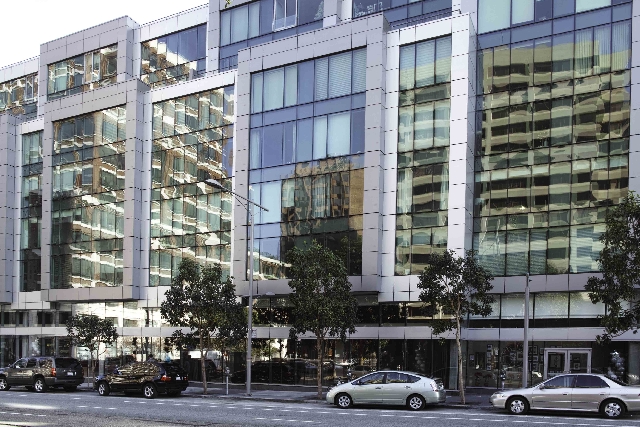

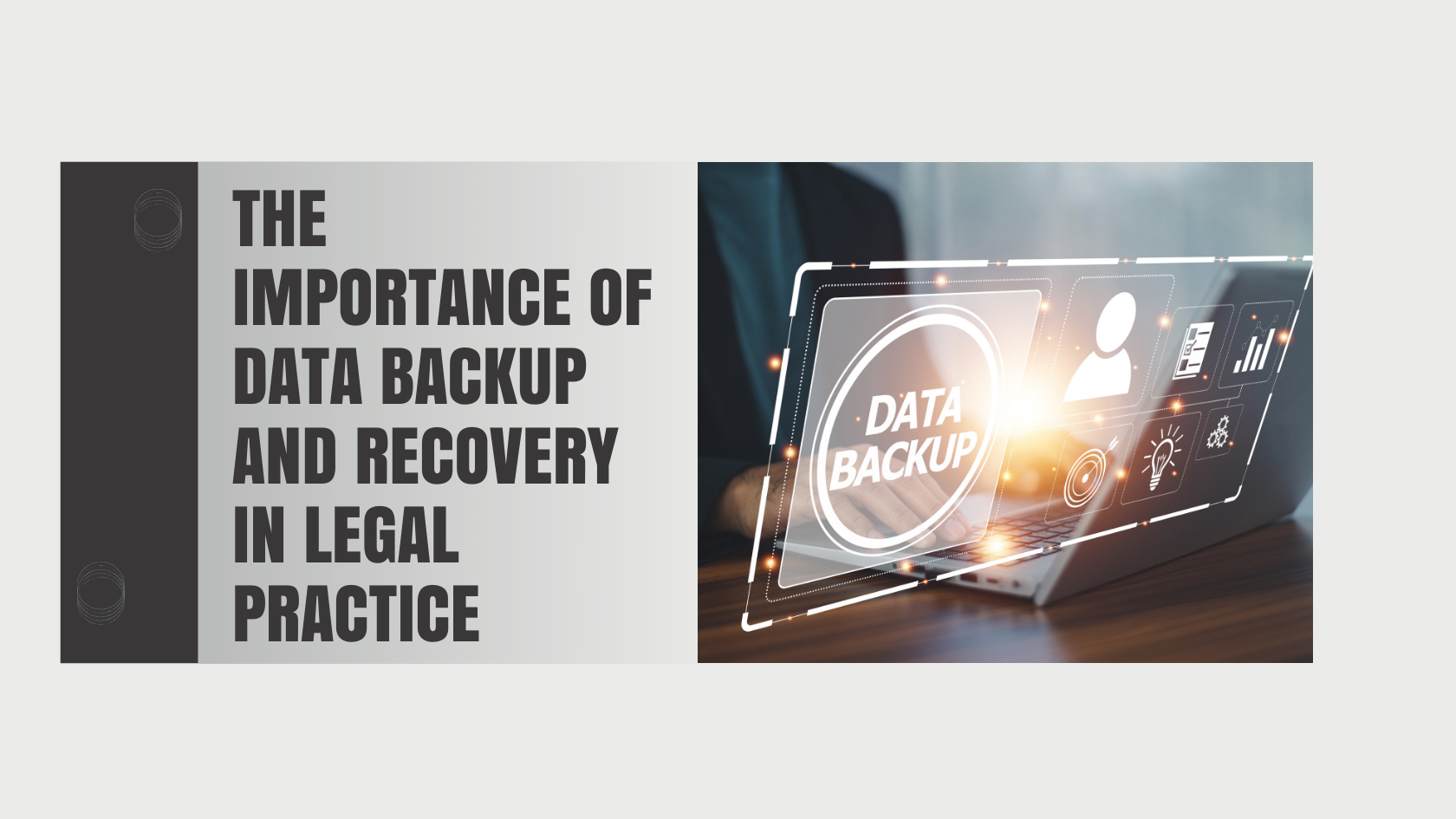




















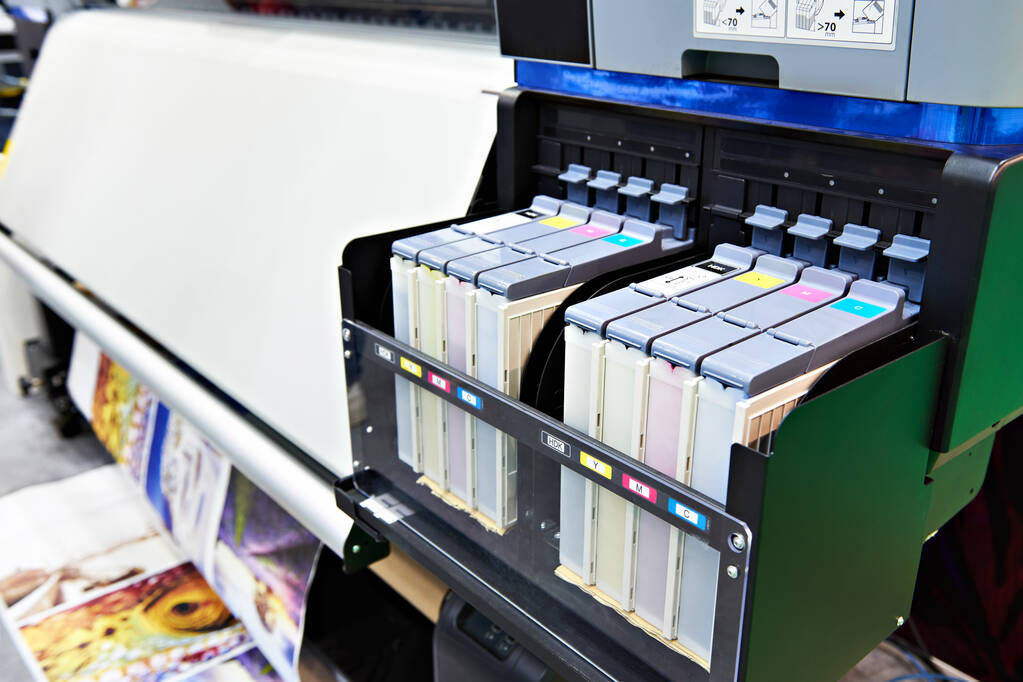





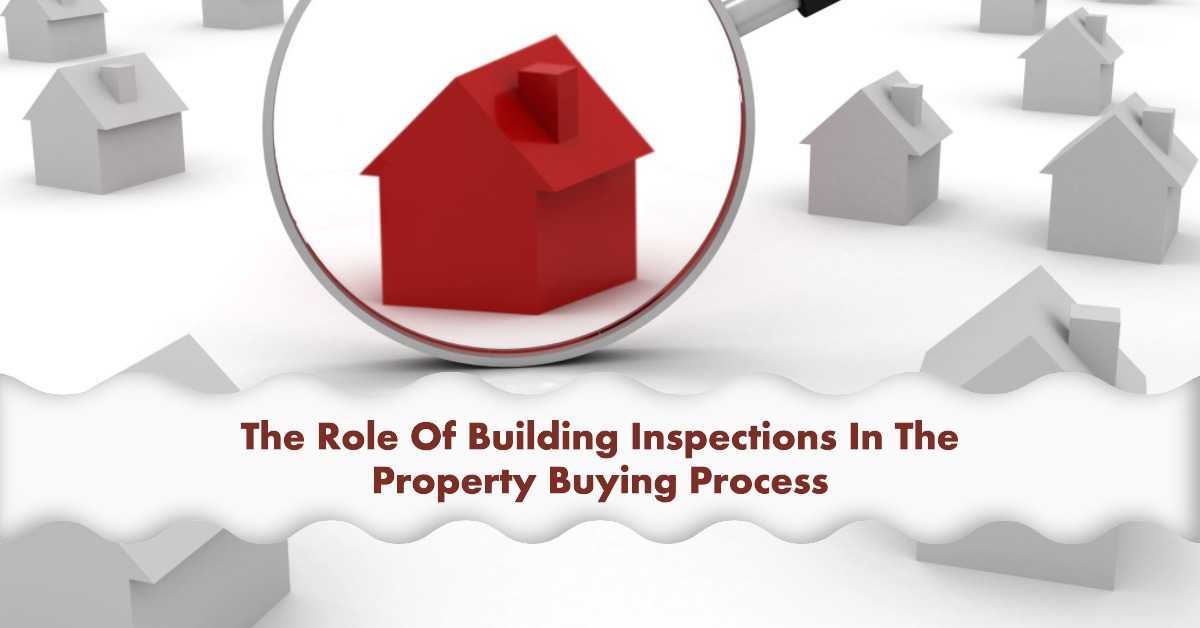

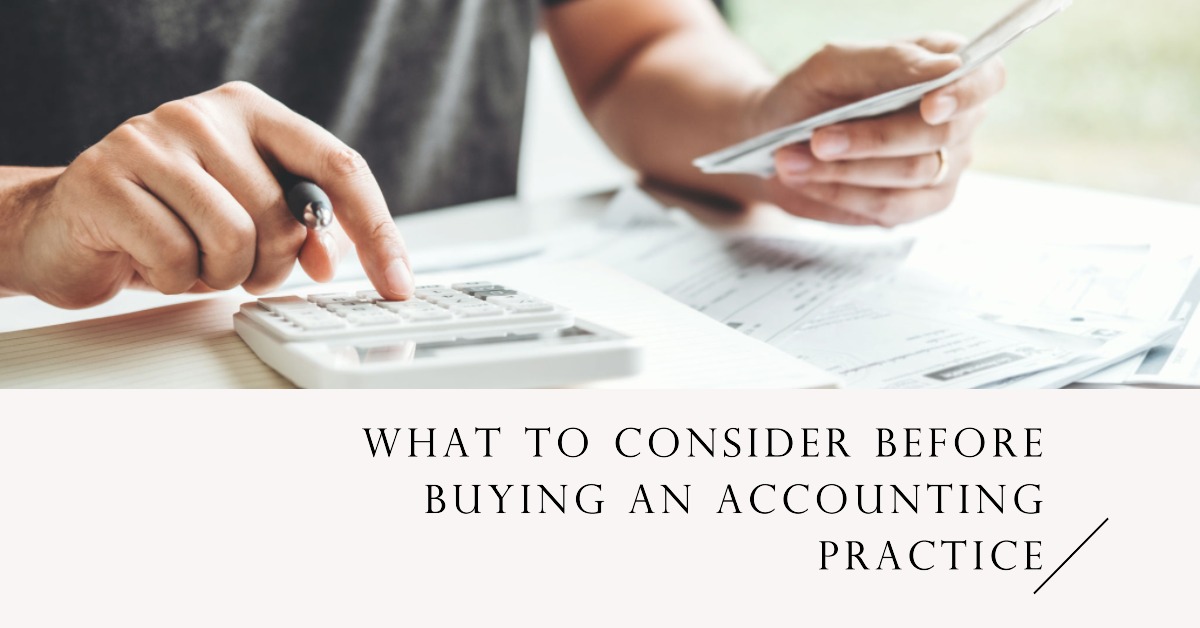













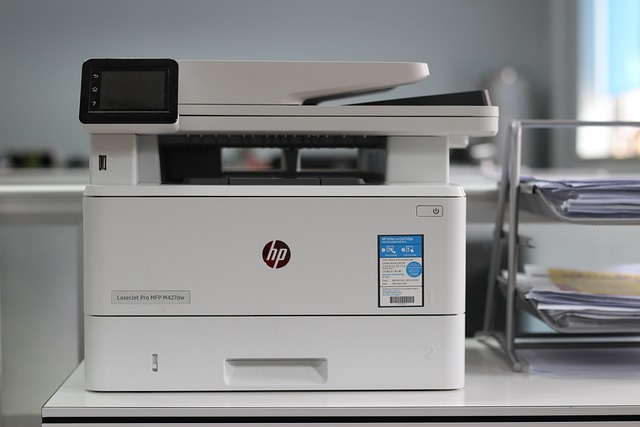



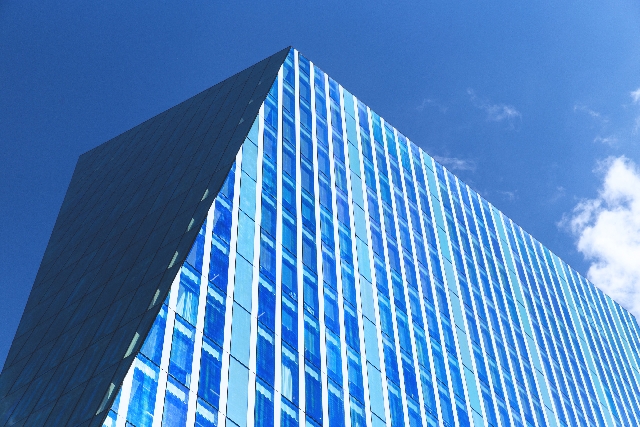

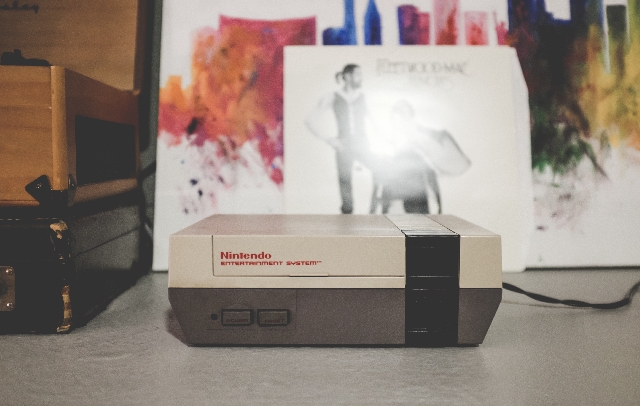


















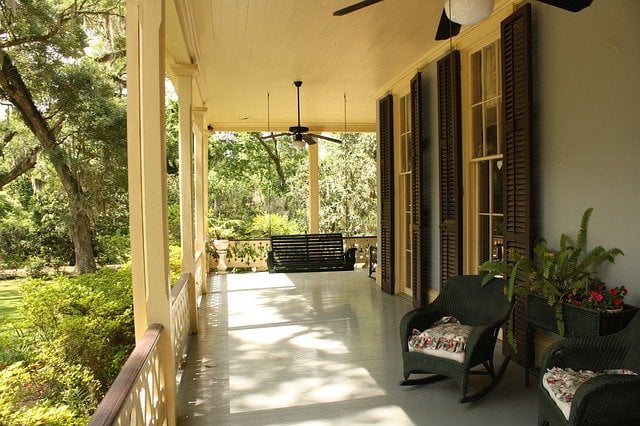

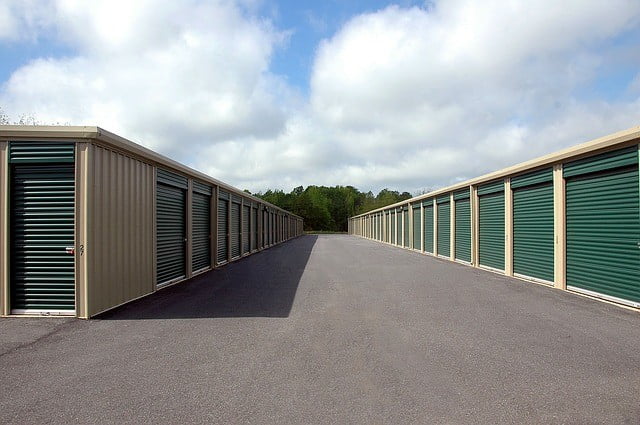
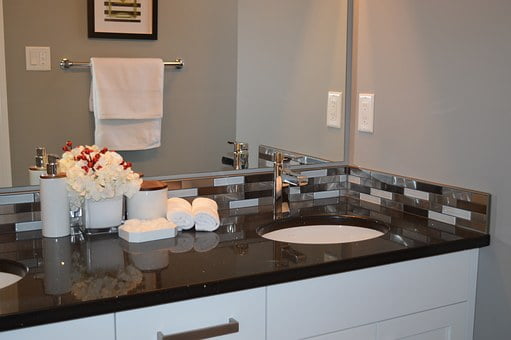

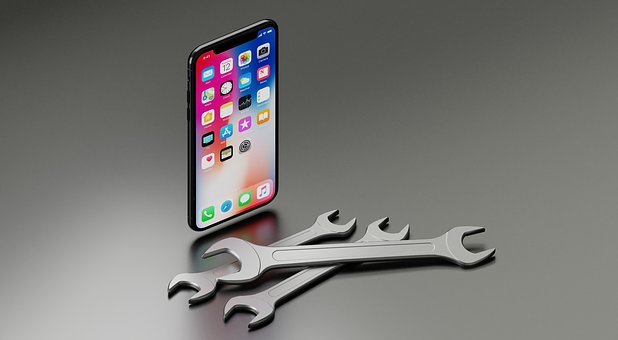
0